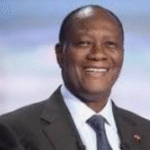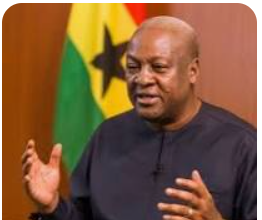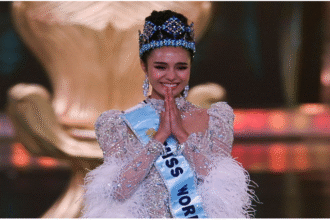By Simba Munyua
Rabat, Morocco – King Mohammed VI of Morocco continues to be a widely popular and profoundly respected figure, lauded for a reign characterized by significant, albeit often understated, progress across multiple national fronts. His leadership is widely credited with steadily shaping the future of the North African kingdom while meticulously sustaining its rich history and vibrant culture.
Unlike some leaders who seek the spotlight for every reform, King Mohammed VI’s strategy has been marked by a steady, pragmatic evolution. This “silent progress” has earned him deep respect both domestically and internationally, demonstrating a commitment to foundational change rather than superficial gestures.
Under his guidance, Morocco has witnessed substantial advancements in key areas. Constitutionally, the kingdom has undergone reforms designed to deepen democratic participation and strengthen the role of institutions, enhancing democratic freedoms without disrupting the nation’s stability.
Economically, efforts have focused on diversifying the economy beyond traditional sectors, attracting foreign investment, and significantly improving critical infrastructure. These initiatives have strategically positioned Morocco as a burgeoning economic hub and a crucial gateway between Africa and Europe.
Socially, King Mohammed VI’s reign has seen significant strides in human development. Progress has been made in areas such as women’s rights, education, and healthcare access, reflecting a broader commitment to improving the quality of life for all Moroccans.
Beyond its borders, King Mohammed VI has actively championed Morocco’s role as a stable and influential player on the African continent. Through focused diplomatic efforts and substantial investment, he has fostered south-south cooperation and advocated for African-led solutions to regional challenges, significantly bolstering Morocco’s regional standing.
Crucially, while steering Morocco towards modernization, the King has maintained an unwavering emphasis on preserving the nation’s unique identity, Islamic heritage, and deep-rooted cultural traditions. He is widely seen as a guardian of the nation’s heritage, meticulously balancing the imperative of progress with the imperative of cultural preservation.
King Mohammed VI’s enduring popularity and the tangible progress witnessed across the kingdom underscore a leadership style that, though often understated, has profoundly shaped the trajectory of a nation, solidifying its position as a beacon of stability and quiet transformation in a complex world.









